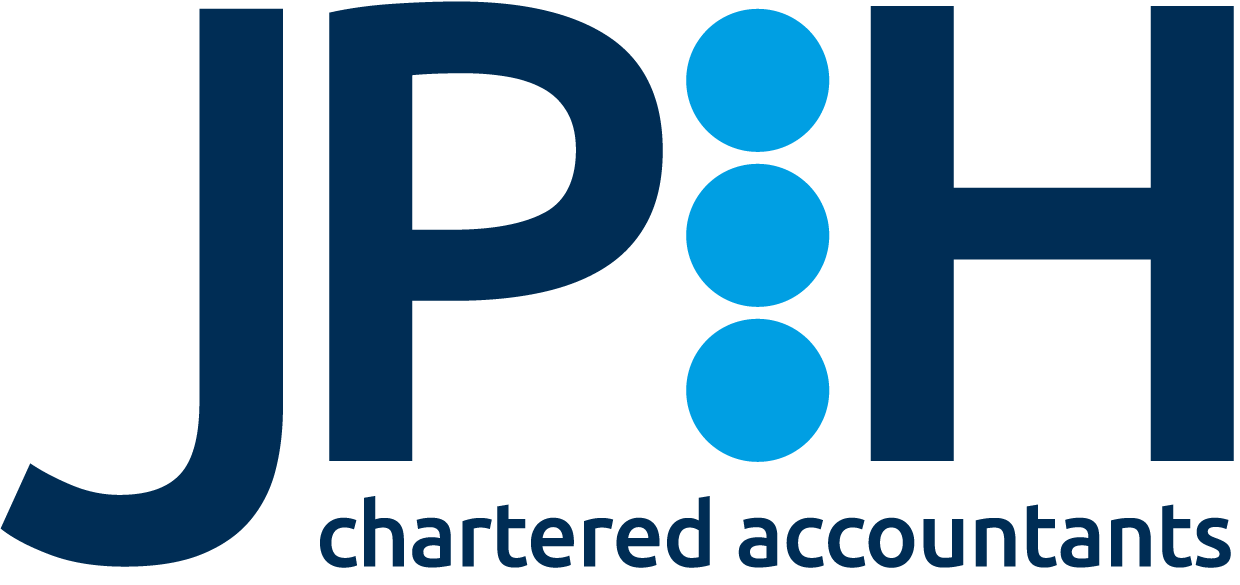For many small business owners, value-added tax (VAT) can seem like a daunting milestone. Yet, understanding when and why to register for VAT is a key part of business growth. While the law mandates registration at a certain threshold, there are other indicators that could suggest it’s beneficial to become VAT-registered sooner rather than later.
In this blog, we’ll cover the key signs that it may be time for your business to register for VAT, the benefits and responsibilities that come with it, and how it can support your business’s future growth.
1. You’ve hit the VAT threshold
The most obvious and common sign that it’s time to register for VAT is when your taxable turnover reaches the VAT threshold. For the 2024/25 tax year, this threshold is £90,000. If your business’s turnover exceeds this figure over any 12-month rolling period, VAT registration is compulsory. It’s important to note that this doesn’t necessarily mean the tax year itself – it could be any continuous 12-month period.
Failing to register within 30 days of reaching the threshold can result in penalties from HMRC, which will impact your business financially. Keeping a close eye on your turnover is vital, especially if you’re on the cusp of breaching this limit. It’s worth considering registering even before reaching the threshold if your turnover is consistently nearing the figure, as it could help you avoid any last-minute rush.
2. You’re planning to expand your operations
If you’re planning to expand your business by taking on new contracts, hiring more staff or opening additional locations, it’s worth considering registering for VAT, even if you haven’t reached the threshold yet. Business expansion usually results in higher revenue, and registering early allows you to streamline your VAT processes ahead of growth.
Beyond the legal obligation, VAT registration can make your business appear more established, particularly to larger clients and suppliers who may only work with VAT-registered businesses. Additionally, it allows you to claim back VAT on many of your business expenses, which can significantly reduce the cost of growth.
3. You work with VAT-registered clients
If your business regularly supplies goods or services to VAT-registered businesses, registering for VAT can help improve your relationship with those clients. Many VAT-registered companies prefer to work with other VAT-registered businesses to simplify their own VAT reporting and reclaim process. By charging VAT on your invoices, you enable your clients to recover that VAT from HMRC, making the business relationship smoother and potentially more lucrative.
In sectors such as construction, where the majority of businesses are VAT-registered, failing to register may put you at a competitive disadvantage. Clients may see your lack of VAT registration as a sign that your business is smaller or less capable, even if that’s not the case.
4. You want to reclaim VAT on your purchases
Once VAT-registered, businesses can reclaim the VAT paid on goods and services purchased for business use. This is known as input tax. If your business incurs significant expenses, such as purchasing equipment, leasing office space or using professional services, registering for VAT can be a smart financial move, even before hitting the turnover threshold.
For example, if you’re investing in new machinery or equipment to support business growth, the VAT on these purchases can be reclaimed, potentially saving you thousands of pounds. This can be especially beneficial for businesses in capital-intensive sectors or those planning a significant upgrade or expansion.
5. You want to future-proof your business
VAT registration can also be a proactive decision. As your business grows, it’s likely that your turnover will eventually exceed the VAT threshold, even if you’re not quite there yet. By registering early, you can ensure that your systems, processes and staff are fully prepared for VAT accounting. This avoids the disruption of having to suddenly adapt when you hit the threshold.
Registering early can also help build trust with larger clients and give your business a more established appearance. Clients may view VAT registration as a signal that your business is well-run and compliant with all financial obligations.
The obligations of VAT registration
While there are clear benefits to VAT registration, it’s important to understand the responsibilities that come with it. VAT-registered businesses must:
- charge VAT on all applicable goods and services
- submit VAT returns to HMRC, usually on a quarterly basis
- maintain accurate and up-to-date records of all transactions
- pay any VAT due to HMRC by the deadline.
Failing to meet these obligations can result in penalties, so robust systems are essential. Many businesses choose to work with an accountant to manage their VAT returns, ensuring everything is filed correctly and on time.
The right time
VAT registration is an important step for growing businesses, offering both financial benefits and increased credibility. By monitoring your turnover and understanding the key indicators, you can decide when the time is right to register. Whether you’re expanding, working with VAT-registered clients, or looking to reclaim VAT on purchases, the decision to register should be part of a wider strategy to support your business’s growth.
Our team at John Potter & Harrison can help you navigate the VAT registration process and manage your VAT obligations, ensuring that your business remains compliant and well-positioned for the future.
Contact us today to discuss your specific needs and how we can support your business’s continued growth.


